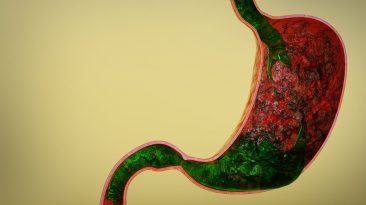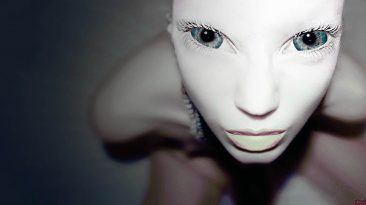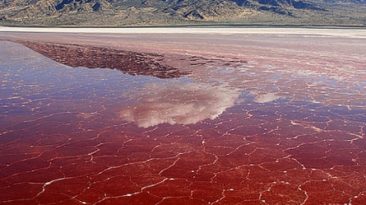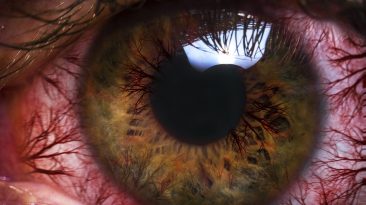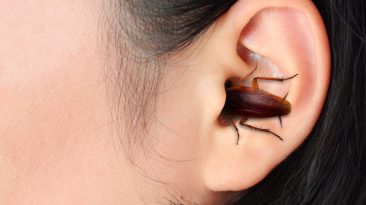Imagine if the entire planet suddenly got sick. I can darn sure picture that. Now, let’s give everyone a medical mask and make them wear it at all times. Would our planet get better?
But seriously, in the case of a pandemic, how effective would wearing a mask be? How many of those things would we need to supply the entire humanity? And why would it create a whole lot of jobs?
The theory behind wearing face masks is that they prevent sprays of virus-laden fluids from entering your nose or mouth. Or, if you’re already sick, a mask works to keep those fluids inside your own nose and mouth so that you don’t infect other people.
Some people wear masks so they breathe in fewer toxins and air pollution. But let’s focus on medical masks.
The guidelines about wearing a face mask during a pandemic are quite controversial, and they keep changing. So we’ll try to clear this up as best we can.
For starters, we’d need to give out medical masks to everyone on Earth. How many masks are we talking?
There are about 7.8 billion people populating the planet right now. Given that it’s not recommended to wear a mask for longer than 24 hours, you’d need roughly 55 billion medical masks every week to supply everyone.
Of course, healthcare workers working on the frontlines would get the highest quality, most expensive face protection – the N95 respirator mask. There are about 59 million healthcare workers in the world. Supplying all of them with N95s would cost somewhere in the neighborhood of $300 million per day.
The general public doesn’t require as much protection. They’d get by wearing regular medical face masks at the cost of $3 billion daily.
Right now, manufacturers don’t produce nearly enough masks. That would open an opportunity for more businesses associated with mask production. And there would be more jobs.
But who would cover the cost? If no government agreed to write it into their budget, people would have to get those masks on their own. Everyone would need to spend at least $150 per year on face masks. And that’s if you don’t need to change your mask every few hours because it got wet.
There would likely be some kind of punishment in place for not wearing a mask. Once everybody got used to this new reality, a mask would become a fashion item. We’d have to match our masks to the color of our socks, and no white masks after Labor Day.
If everyone wore masks all the time, daily interactions would be different. It would be harder to read facial expressions. This could change the way we interpret body language.
There would likely be some reduction in spreading viruses. Maybe that would save the world from another pandemic.
I’m saying “maybe” because it’s hard to measure the effectiveness of face masks. It depends on factors like face shape, and mask type, and even how often you breathe.
The biggest problem with basic surgical masks is that air can get underneath the mask. And, what’s more important, breathing isn’t always how you get sick.
We shake hands with infected people, and touch something that’s infected. We touch our faces about 50 times in a single day. Of course, the mask could help you touch your face less, but once you touch the mask itself, you’d have to get a new one.
You’d still need to wash your hands, and keep your distance from those people who are sick. And you’d really need to learn how to wear that mask properly.
First, you need to wash your hands with soap. Or at least splash some hand sanitizer on them.
Remove the mask from the box, and place the loops behind your ears, with the metal band at the top. Pull the bottom part of the mask towards your chin, and press the metal band against your face, so the mask fits better. Discard it when it gets wet or dirty, and wash your hands before getting a clean one.
Now, all this means that at least 8 billion face masks would be thrown away every day. They cannot be reused or recycled, so they would add a lot more waste to our landfills.
If you want to make a difference, stay home during a pandemic, and wear masks only when you’re outside, or when someone in your household is sick. Leave the heavy-duty N95 masks for healthcare professionals, since they come in contact with sick patients. And maybe get creative. Just check which materials will actually protect you first.
Pandemics are hard on everyone. But a little break from work could be good for us, right? Unless everyone just stopped working altogether.
Subscribe to What-If on YouTube or follow the show on Facebook Watch.
Sources
- “Would everyone wearing face masks help us slow the pandemic?”. Kelly Servick, 2020. Science | AAAS.
- “Every expert opinion you’ve heard about wearing masks is right”. Coren, Michael. 2020. Quartz.
- “Should we all wear face masks? The answer is complicated.”. Sara Chodosh, 2020. Popular Science.
- “Can pollution face masks really protect us from exposure to toxic particles?”. 2020. The Conversation.
- “COVID-19: WHY WE SHOULD ALL WEAR MASKS — THERE IS NEW SCIENTIFIC RATIONALE”. Sui Huang. 2020. Medium.
- “How To Read Body Language And Facial Expressions”. Kendra Cherry, 2020. Verywell Mind.
- “Respiratory Protection Against Airborne Infectious Agents For Health Care Workers : OSH Answers”. 2020. ccohs.ca.
- “Can wearing a face mask protect you from the new coronavirus?”. Editor, Laura. 2020. livescience.com.












